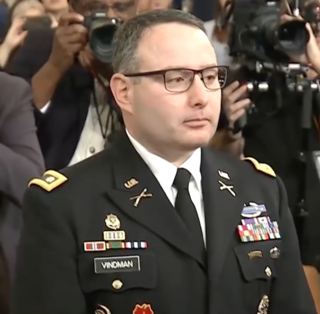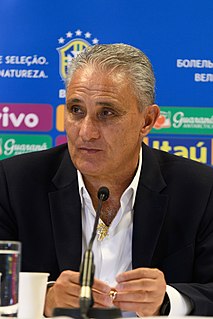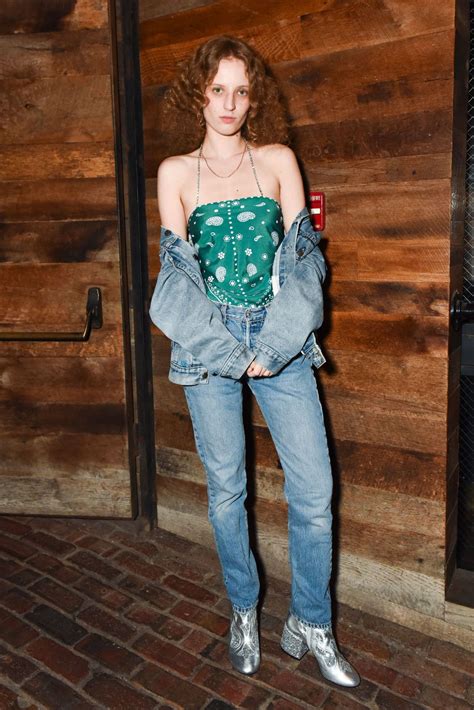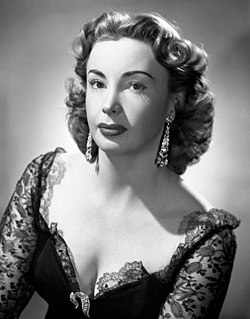A Quote by Alexander Vindman
My family fled the Soviet Union when I was three and a half years old. Upon arriving in New York City in 1979, my father worked multiple jobs to support us, all the while learning English at night.
Related Quotes
There are roughly three New Yorks. There is, first, the New York of the man or woman who was born here, who takes the city for granted and accepts its size and its turbulence as natural and inevitable. Second, there is the New York of the commuter — the city that is devoured by locusts each day and spat out each night. Third, there is the New York of the person who was born somewhere else and came to New York in quest of something.
Kennedy was significantly different than Eisenhower before him, and different from Johnson after him. So those three years were the beginning of a détente with the Soviet Union, a new feeling for peace, a seeking out of a new ally with the Soviet Union - the end of the Cold War, as Kennedy called it in his American University speech.
When I was mayor of New York, my views changed. I began as mayor of New York City thinking that I could reform the New York City school system. After two or three years, four years, I became an advocate of choice, of scholarships, and vouchers, and parental choice, because I thought that was the only way to really change the school system.
The first year I was in office, only about 800 people came out of the Soviet Union, Jews. By the third year I was in office... second year, 1979, 51,000 came out of the Soviet Union. And every one of the human rights heroes - I'll use the word - who have come out of the Soviet Union, have said it was a turning point in their lives, and not only in the Soviet Union but also in places like Czechoslovakia and Hungary and Poland [they] saw this human rights policy of mine as being a great boost to the present democracy and freedom that they enjoy.



































